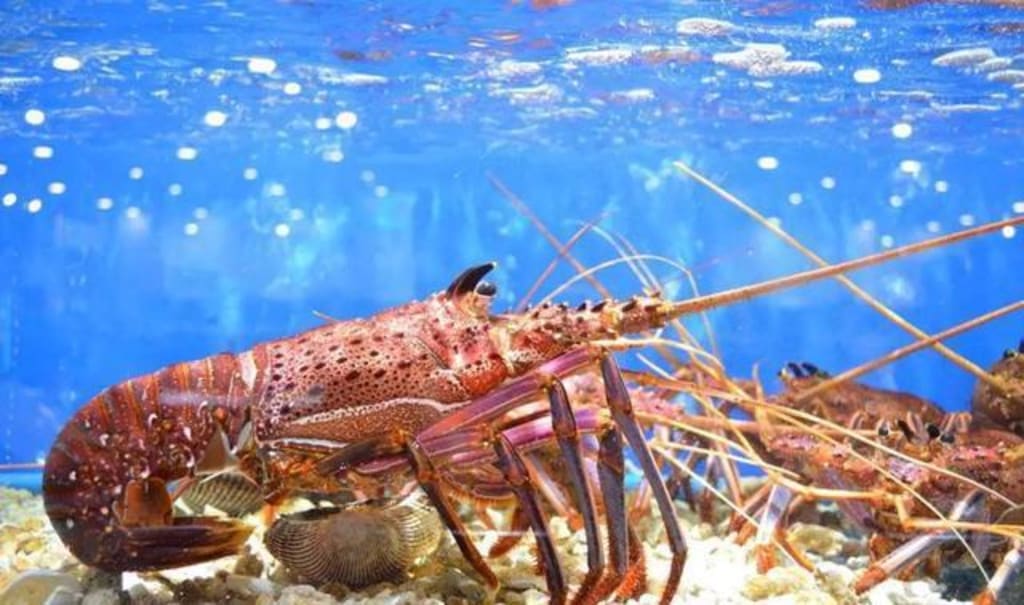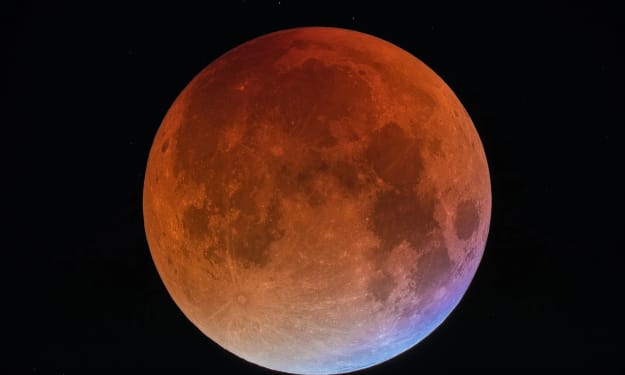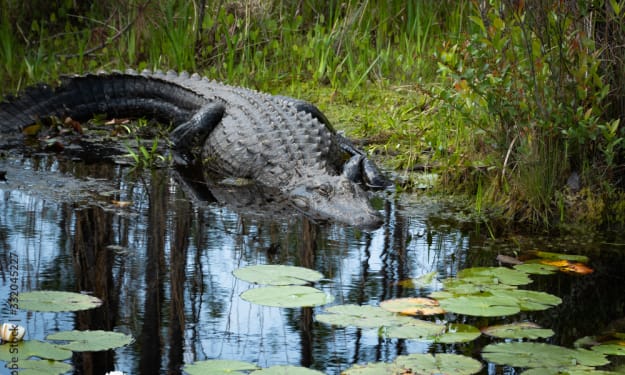Lobster is theoretically able to live forever
Lobster is theoretically able to live forever

Have you ever stared at a lobster and wondered curiously what makes a creature look so much like an extraterrestrial visitor? Have you ever wondered what our lives would be like if this creature eventually ruled the Earth? Want to hear some spooky knowledge? Theoretically, from a biological point of view, lobsters can live forever. If they are not predated, not starved, not afflicted by disease, and not involved in any terrible disaster, they can live forever; but they do not.
Most creatures will continue to grow in the first stage of life until maturity, and then stop growing in size and begin a long, tedious journey to death. But this does not apply to our crustacean friends who live underwater.
Lobsters grow all the time, and that growth will continue throughout their lives. Our cells (and the DNA within them) need to keep replicating themselves in order to grow, but most cells in the human body can only replicate 40 to 70 times before they reach their physical limit and begin to age.
We can use the analogy of a shoelace. If the small piece of plastic at the front of the shoelace is worn out, the lace will come apart and it will be difficult to fit into the lace hole of the shoe again. Our DNA also has a plastic-like piece called a telomere, which prevents DNA from unspooling (structural disintegration) and causing information disruption during replication. Every time a cell replicates itself, these telomeres are worn down a little bit until they are so worn down that they can't support replication at all, and then you have to live your life based on how your body functions at that point.
The amazing thing about lobsters is that their telomeres don't seem to be worn down at all during cell replication, which means they can stay in the growth phase and stay young forever.
If lobsters do not die because of aging, then why they have not been able to rule the earth? Why are they not so numerous that when you want to take a bath, you find all the lobsters coming out of the faucet? Why didn't they overwhelm humans in numbers and rule the earth, and instead started to cook humans to eat them?
Part of the reason is that in their ecological environment, there are a variety of larger, sharper teeth predators, or some kind of fishing net creatures want to eat them; either the lack of food resources enough to sustain them forever, and the world itself is full of bacteria and viruses.
Another part of the answer stems from the fact that they are in the growth phase of their lives.
"What's wrong with growing all the time?" You may be wondering. Of course, if a lobster can really grow to the size of a bus, then I guess no creature in the world is brave enough to want to eat it.
However, the problem lies in the layer of exoskeleton that wraps their bodies. When their soft body tissue grows, the space within the exoskeleton is not enough, this time they do not want to live to suffocate themselves in the original exoskeleton, they can only shed the old and regrow an exoskeleton out.
This process is very risky because as their size increases, the difficulty of shedding the exoskeleton also increases.
If they fail to molt successfully, they will either kill themselves or leave permanent scars that will make molting more difficult in the future, and may be infected with bacteria.
Suppose they have no natural predators, live in a sterile world, have a "buffet" where they can eat as much as they want, and have developed some kind of molting aid. In this way, they can theoretically live forever and grow to a very large size.
If that were to happen, all of us would have to learn lobster language, because they would be the creatures that rule the planet.
About the Creator
Enjoyed the story? Support the Creator.
Subscribe for free to receive all their stories in your feed. You could also pledge your support or give them a one-off tip, letting them know you appreciate their work.





Comments
There are no comments for this story
Be the first to respond and start the conversation.